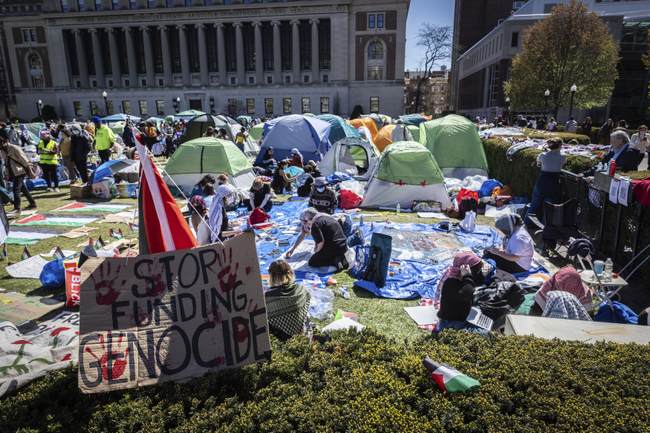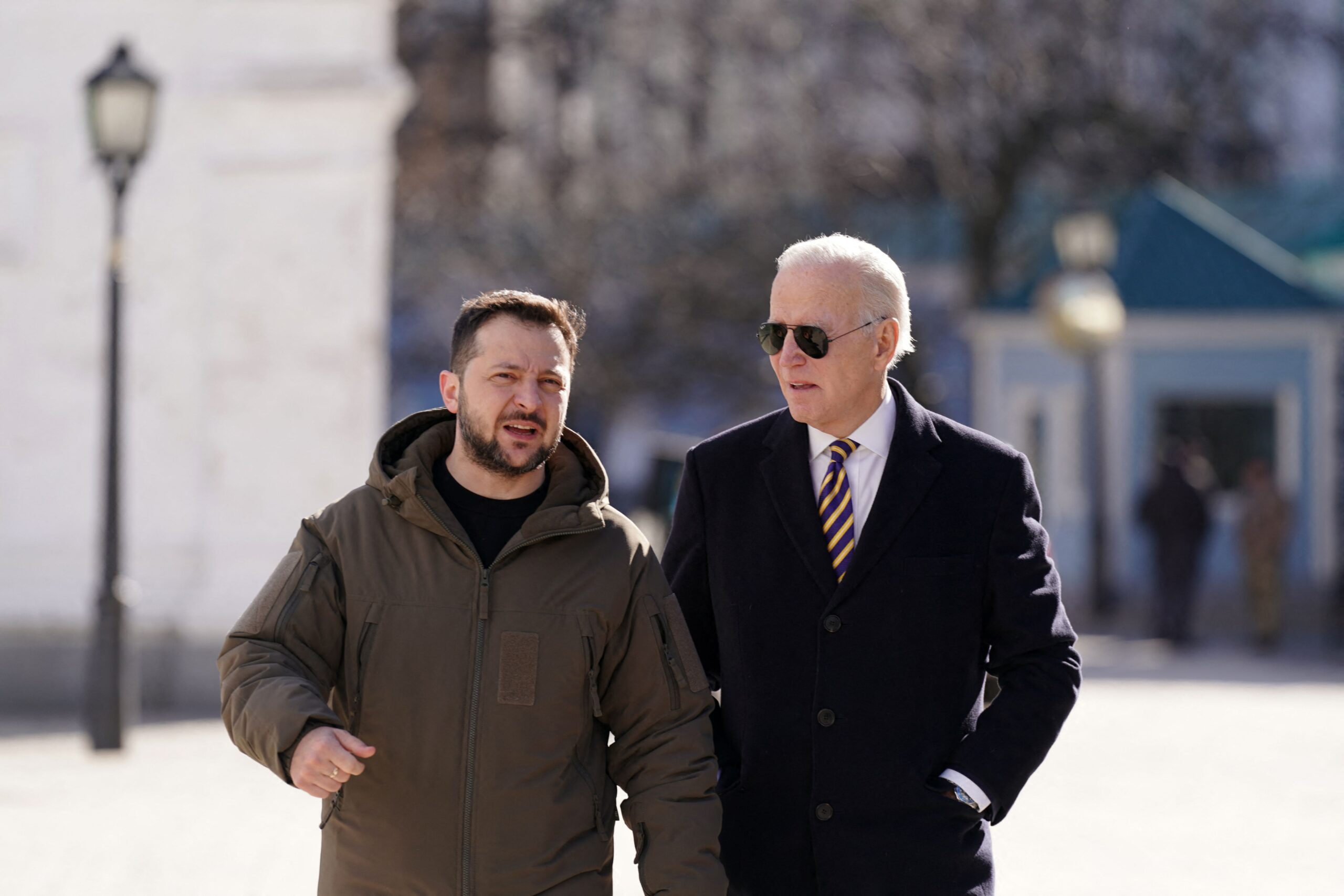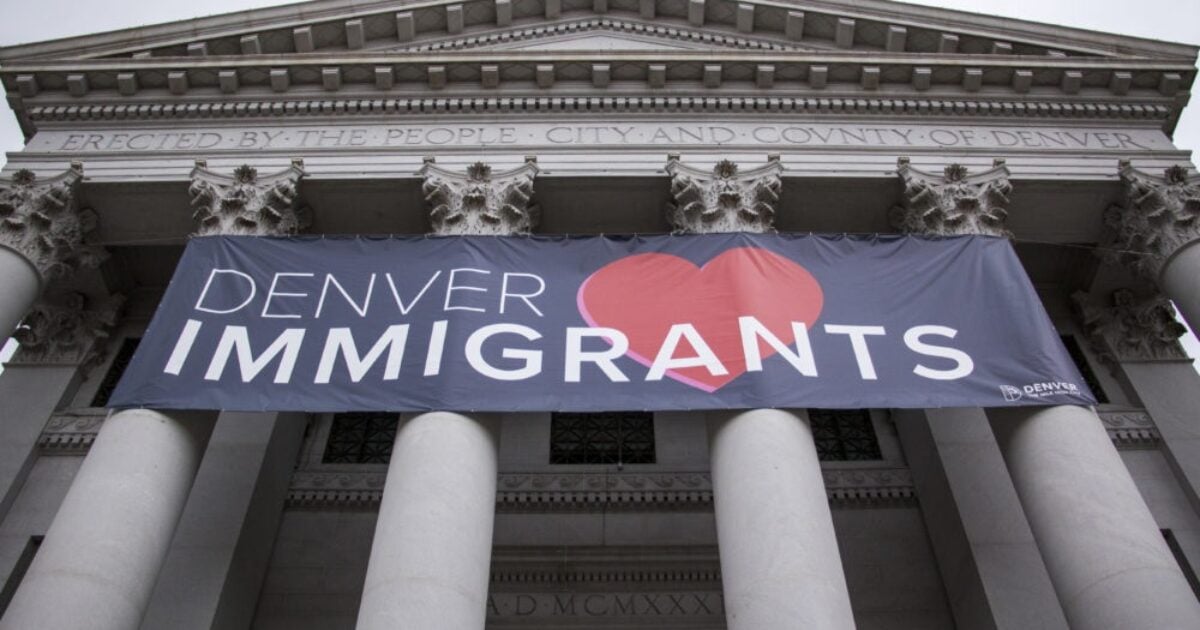
On December 30, 2021, Joe Biden informed Vladimir Putin in a phone call that the White House stands ready to cripple the Russian economy if the Kremlin proceeds with plans to invade Ukraine. Biden reiterated this message in a call with Putin just weeks before the February 2022 invasion. “President Biden was clear that, if Russia undertakes a further invasion of Ukraine, the United States together with our Allies and partners will respond decisively and impose swift and severe costs on Russia,” said the White House in a readout. As Russian forces poured into Ukraine later that month, the Biden administration wasted no time corralling U.S. allies behind the largest and most ambitious sanctions regime in history.
The Russian ruble, Biden triumphantly declared in March 2022, was “almost immediately reduced to rubble,” and the “Russian economy [was] on track to be cut in half.” It is widely acknowledged today that these, to put it mildly, optimistic forecasts turned out to be catastrophically wrong. Not only did the Russian economy shrink by an insubstantial amount in 2022 despite the West’s unprecedented sanctions onslaught, but its precipitous growth in 2023 has experts speculating that it is actually on the verge of “overheating.”
How did Russia, which, as often observed in Western commentary, has a smaller GDP than several individual EU states as well as both Texas and California, manage to defeat an economic blockade imposed by a coalition accounting for over one-third of the global economy? This phenomenon has been well-charted as a policy question. It is, in large part, a story of sophisticated Russian sanctions evasion and mitigation measures, including a wide array of parallel import schemes, a vast network of commercial proxies and cut-outs, alternative energy export pathways, and Russia’s success in offsetting Western pressure through deeper commercial ties with China, India, and other major players in the global south.
In some cases, Moscow has demonstrated a capacity for honing and adapting these methods faster than the U.S. and EU can come up with countermeasures against them. In others, there simply are no reasonable countermeasures. For instance, targeted sanctions against specific Turkish or Chinese entities are far too insignificant in scale to make a dent in Russia’s war effort. Meanwhile, the White House cannot impose large-scale, sweeping secondary sanctions on Beijing, New Delhi, and others for continuing to do business with Russia without inviting an avalanche of negative short and long-term diplomatic, political, and economic consequences that would leave many asking if the cure is worse than the disease.
The sanctions regime’s failures have been laid bare in ways that are increasingly difficult to ignore. Yet this moment’s deeper significance lies not in what it says about Russian economic resilience, but, rather, in its indictment of a tired, hollow foreign policy orthodoxy that has captured Washington since 1991.
To be sure, America has a long history of wielding economic restrictions as a policy tool. Such measures are, in a way, ingrained into the mythology behind this country’s founding: North American colonists pursued a fairly effective boycott of British goods as a form of protest against the Crown’s revenue collection laws in the run-up to the War for Independence.
The basic policy rationale behind sanctions is perfectly sensible, even attractive. It goes something like this: Imposing economic punishments on misbehaving states is a low-risk, low-cost way of pressuring those states to bring their policies into closer alignment with U.S. interests. The U.S. has enjoyed an unparalleled degree of international economic clout since the end of the Second World War and is thus one of the few countries in world history with the ability to project its influence in that way—according to this line of reasoning, it would be a wasted opportunity not to.
Even in relatively propitious circumstances, however, sanctions have always been a deeply flawed tool for advancing national interests. Their basic feedback loop—getting states to change their behavior through varied economic restrictions—is only credible if the target both believes that the restrictions can realistically be lifted and has a strong enough underlying incentive to do what Washington wants.
Neither condition has applied to Russia since at least 2014: that is, the Kremlin has long been working from the assumption that the bulk of the Western sanctions regime is here to stay no matter what Russia does, and Moscow is fundamentally unwilling to accede to any Western demands—like returning Crimea to Ukraine—that would so much as offer even as modicum of hope that Congress would consider easing, let alone lifting, its share in a sprawling international regime of what is now over 16,000 sanctions on Russia. This incentive problem is present to varying degrees in other sanctions regimes, including the ones on North Korea and Iran, but is especially acute in Russia’s case because it is amplified by a stark and growing divergence between Western means and ends. Simply put, the Russian state has proven too large, its resources too vast and its international influence too entrenched, to be effectively isolated. This marks not just a grievous policy failure, though it is that too, but a repudiation of the basic assumptions driving U.S. foreign policy.
There was an abundance of circumstantial evidence to suggest that the Western sanctions regime would fail in its task of mortally wounding the Russian economy; perhaps the most glaring indicator was that nearly the entire non-western world refused to take part in the Western blockade, rendering any attempts to economically isolate Russia null and void from the start. Why, in the face of these realities, was the administration so sure that it could bring Russia to heel? The answer lies in a deeper and more chronic dysfunction. The 1990s’ unipolar moment, or the brief span of time following the Soviet collapse in which the U.S. got to act nearly unchallenged on the global age, gave rise to a stubbornly maximalist, rigidly dogmatic, and quasi-religious view of America’s place in the world that brooks no limits on what the U.S. can and should achieve.
Subscribe Today
Get daily emails in your inbox
This arrogance of power is alarmingly detached from the realities of an emerging multipolar world where Washington cannot bend others to its will simply by embargoing them and shutting them out of western-dominated financial institutions. Sanctions were of dubious effectiveness even when imposed against states much smaller than Russia and in geopolitical contexts more favorable to the U.S, let alone in a configuration that gave Russia lucrative, ready-made pathways to pivot its energy transactions away from western markets.
Decades of global American financial dominance have cultivated a voracious policy appetite for sanctions as a catch-all solution for punishing friends and adversaries alike, but these tools are steadily undermining the unprecedented prosperity that made them possible. An insistence on walling off access to Western markets, even as the West’s share of global wealth steadily declines relative to the non-Western great powers, amounts to a kind of economic self-castration for which future generations will bear steep costs. The dollar and other key Western financial products, while not at risk of being conclusively displaced by competitors of comparable clout, are slowly declining as non-Western states seek to insure themselves against Western economic pressure by diversifying their finances. “We won’t have to talk about sanctions in five years, because there will be so many countries transacting in currencies other than the dollar that we won’t have the ability to sanction them,” warned Sen. Marco Rubio last year.
The disastrous failure of Russia sanctions offers a glimpse of a future for which U.S. policy, stuck in a staid 1990s mentality even as the world quickly passes it by, is not prepared. Washington must finally wean itself off its worsening sanctions addiction and pursue a more nuanced, pragmatic framework for dealing with the rest of the world while it can still do so on its own terms.














